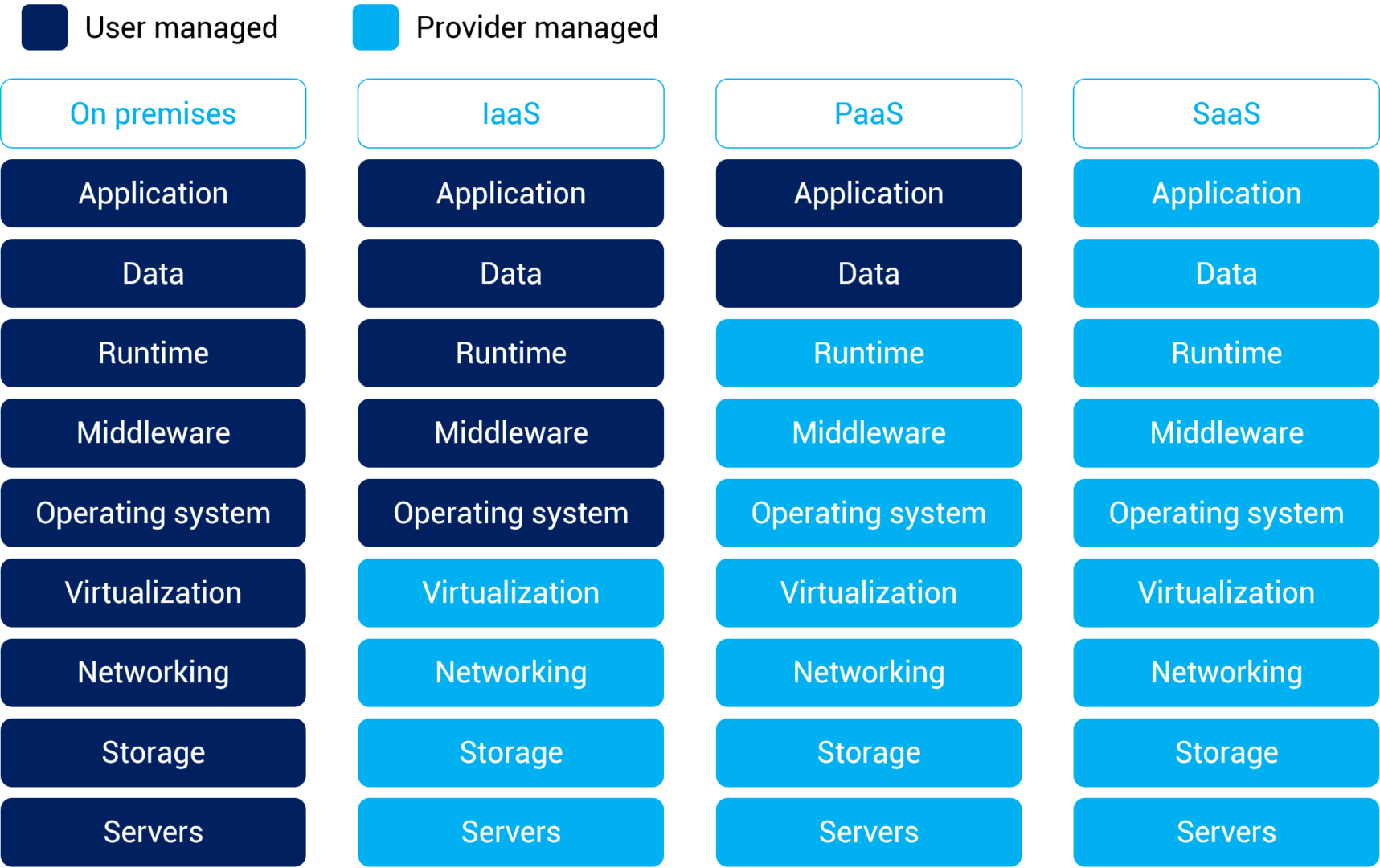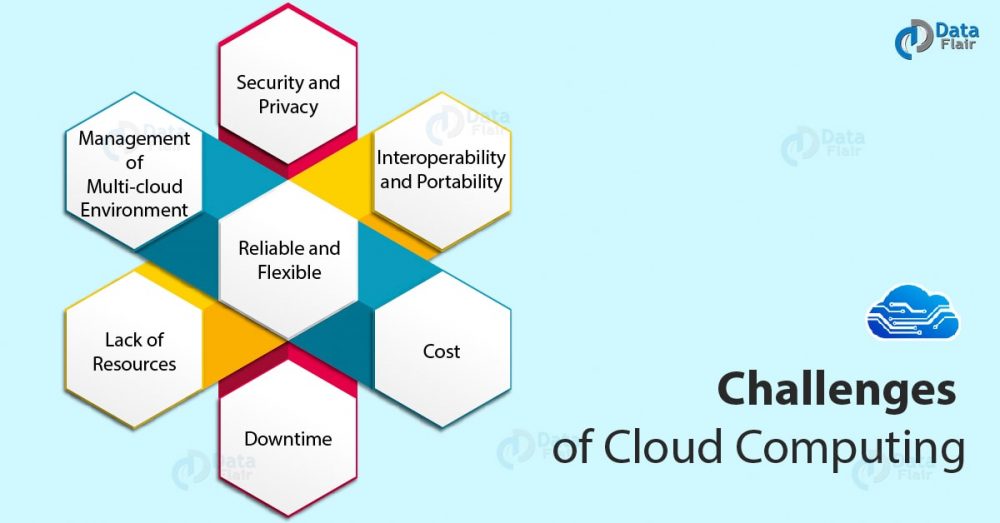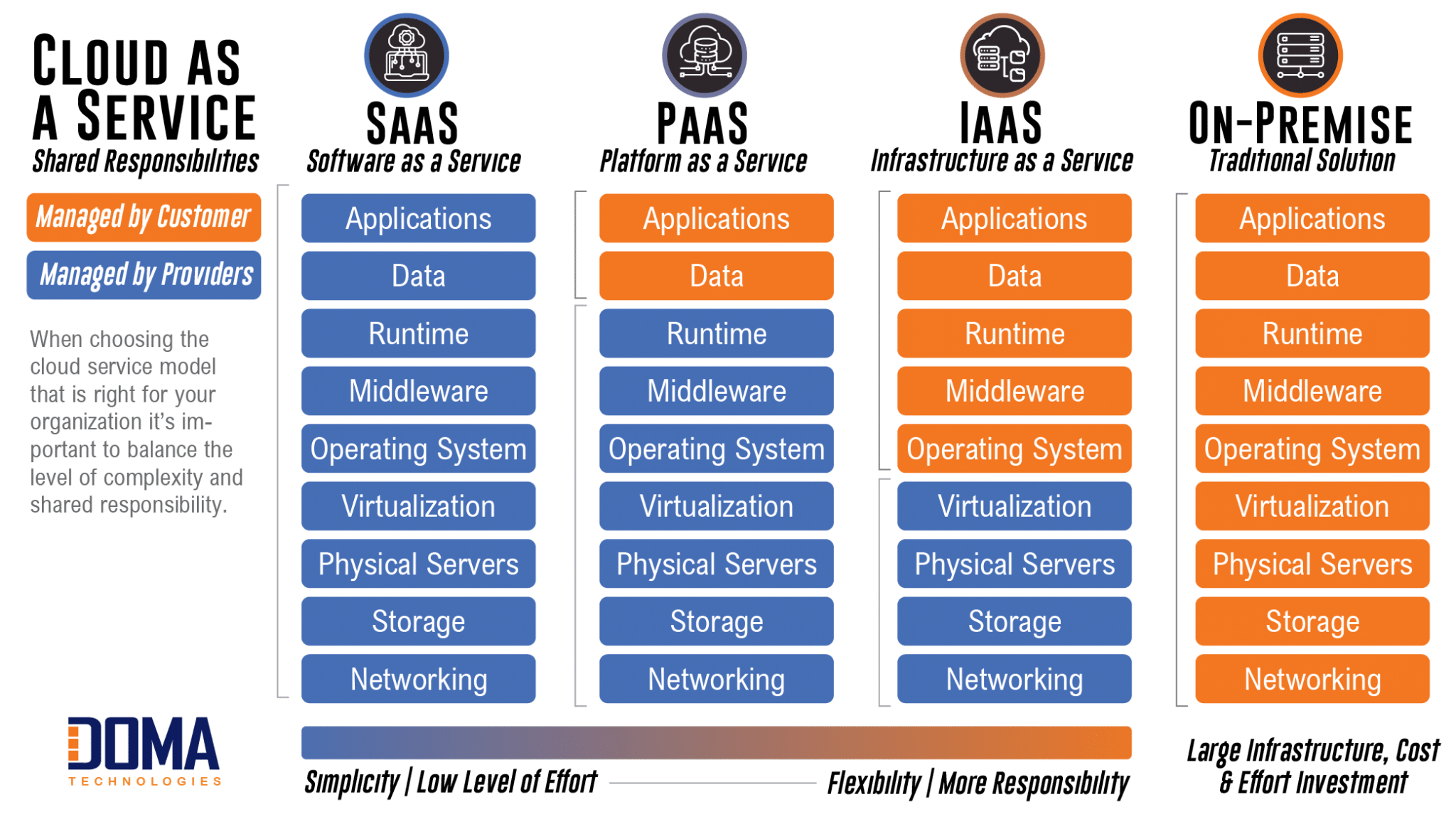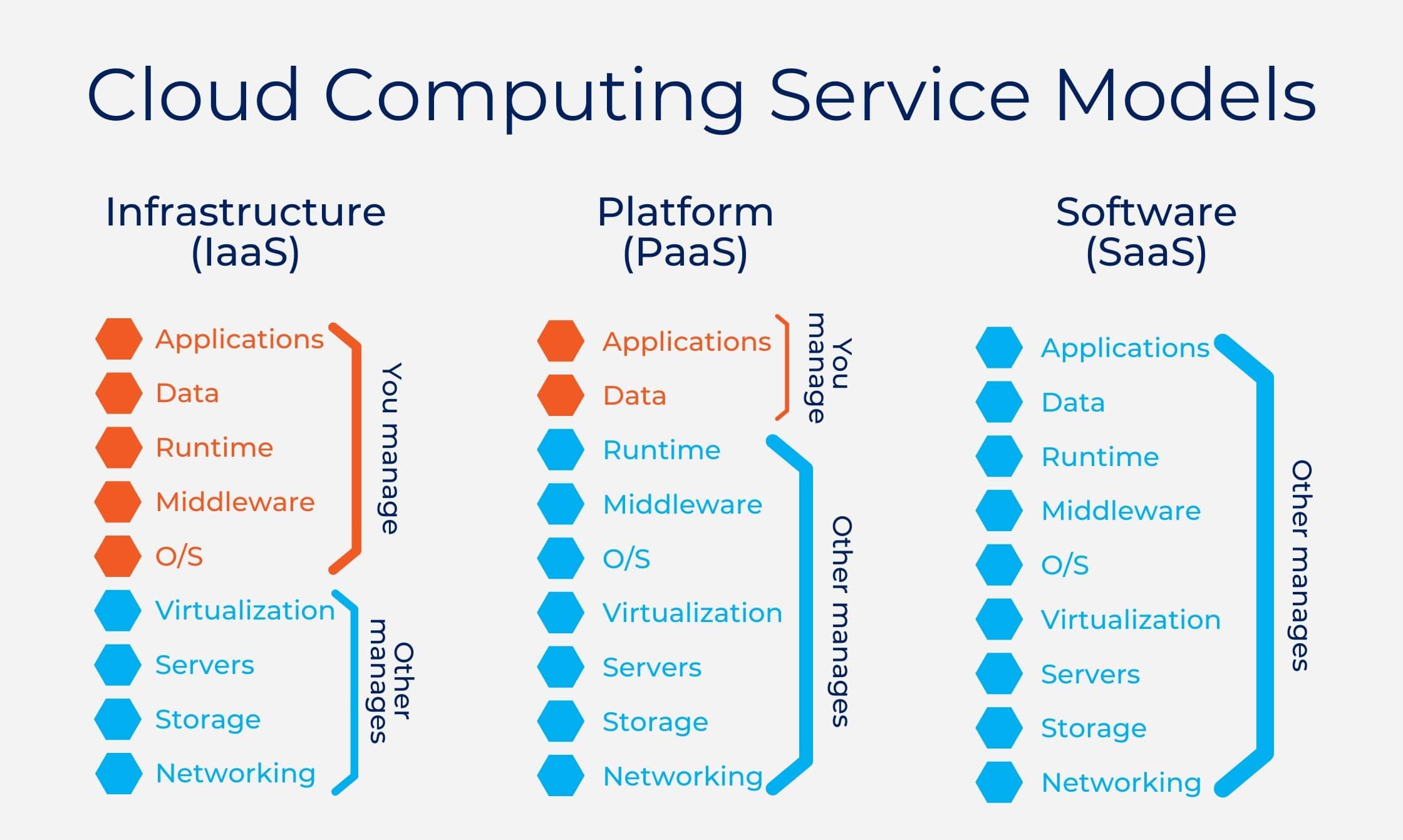Are you looking for a comprehensive guide on Cloud computing services comparison in 2024? In this article, we will explore the top cloud computing service providers for the year 2024, analyzing key factors for comparison, emerging trends, benefits, challenges, and essential tips for selecting the right provider. Stay informed to make the best decisions for your business’s cloud computing needs.

Key Factors to Consider When Comparing Cloud Services
Evaluating Pricing Structures
Pricing is a crucial factor when comparing cloud services. Analyze the cost models offered by providers, including pay-as-you-go, subscriptions, or customized plans. Consider how pricing aligns with your budget, scaling requirements, and potential savings with long-term commitments.
Assessing Performance and Reliability
Performance and reliability are paramount in cloud services. Look into service level agreements (SLAs), uptime guarantees, latency rates, and user reviews to gauge the platform’s reliability. Reliable performance ensures smooth operations and minimal disruptions for your business processes.
Prioritizing Data Security
Security is non-negotiable in cloud computing. Prioritize providers that implement stringent security protocols, encryption methods, access controls, and compliance certifications. Data breaches can have severe consequences, so choosing a secure cloud service is critical to safeguard sensitive information.
Considering Scalability for Future Growth
Scalability is key for adapting to changing business needs. Evaluate how easily a cloud provider can scale resources up or down based on demand fluctuations. A scalable platform ensures flexibility to accommodate growth, seasonal variations, and sudden spikes in workload without compromising performance.

Cloud Computing Services for Different Needs
Infrastructure as a Service (IaaS)
Infrastructure as a Service (IaaS) caters to those seeking virtualized computing resources like servers, storage, and networking. Perfect for businesses looking to scale infrastructure without investing in physical hardware, IaaS offers flexibility, cost-efficiency, and scalability to meet varying demands seamlessly.
Platform as a Service (PaaS)
Platform as a Service (PaaS) is ideal for developers as it provides a platform for creating, deploying, and managing applications without the hassle of handling the underlying infrastructure. By offering a complete development environment, PaaS accelerates application development processes, streamlines workflows, and promotes innovation in a controlled environment.
Software as a Service (SaaS)
Software as a Service (SaaS) is a convenient solution for accessing software applications via the internet, eliminating the need for local installation and maintenance. SaaS brings agility and accessibility to businesses, enabling easy deployment, updates, and maintenance, while reducing operational costs and enhancing collaboration across teams.
Serverless Computing
Serverless Computing revolutionizes application development by enabling developers to focus solely on building and running applications without the burden of managing servers or infrastructure. This innovative approach allows for efficient resource utilization, automatic scaling, reduced operational costs, and accelerated development cycles, making it ideal for agile and dynamic work environments.

Challenges and Considerations
When delving into the realm of cloud computing services, Vendor Lock-in stands out as a critical challenge. Diversifying across providers can safeguard against dependency risks and foster adaptability in a dynamic technological landscape.
Data Security and Privacy emerge as paramount concerns. Prioritizing stringent security protocols and data encryption aids in fortifying defenses against cyber threats and upholding regulatory requirements for enhanced privacy.
Ensuring Performance and Reliability are crucial for uninterrupted operations. Vigilant monitoring and swift troubleshooting maintain service excellence, mitigating risks associated with downtime and performance hiccups.
Navigating Cost Management is pivotal. Employing meticulous tracking mechanisms and cost optimization strategies empower organizations to align cloud expenditure with budgetary constraints, steering clear of unforeseen financial burdens.

Selecting the Perfect Cloud Service Provider for Your Business
Defining Your Business Needs and Goals
Before diving into the realm of cloud service providers, it’s crucial to define your business’s specific needs and objectives. Understanding your requirements will help you narrow down the options and choose a provider that aligns with your goals effectively.
Evaluating Providers on Key Factors
Price, performance, security, and scalability are paramount when comparing cloud service providers. Delve into the details of each provider’s offerings to ensure they meet your business requirements while staying within your budget.
Assessing Provider Expertise and Support
When selecting a cloud service provider, consider their experience, industry knowledge, and customer support capabilities. A proficient provider with relevant expertise can better cater to your needs and offer valuable insights to enhance your cloud infrastructure.
Reviewing References and Case Studies
To gain a comprehensive understanding of a cloud service provider’s reliability and client satisfaction levels, inquire about references and explore case studies. Real-world experiences from existing clients can provide valuable insights into the provider’s performance and service quality.

